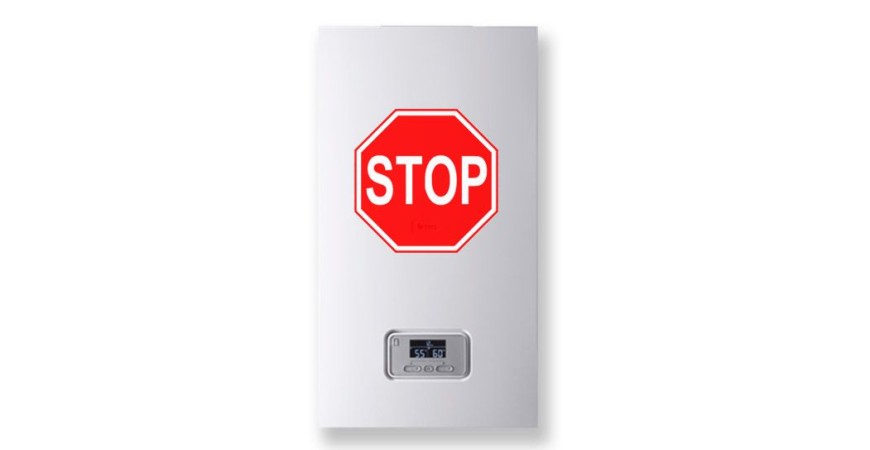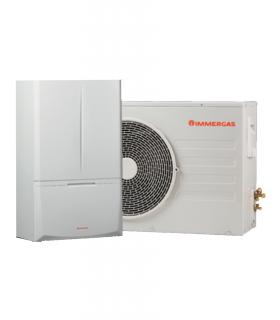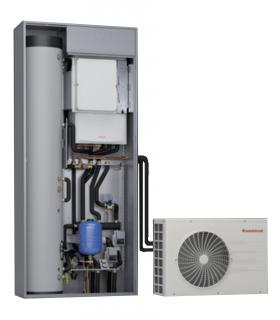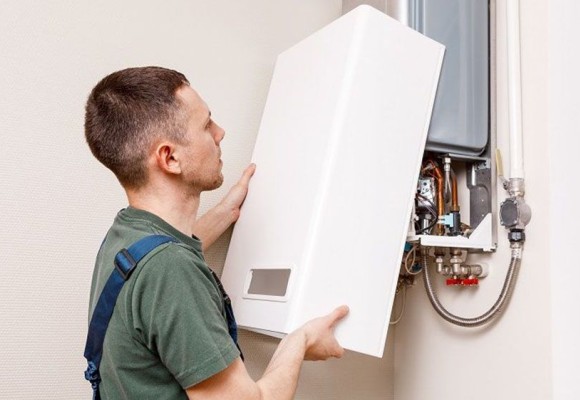The adverse future of traditional boilers
What will happen to the traditional boilers that have been part of our homes for years?
What is the future of traditional boilers?
Traditional gas boilers, used for years for heating buildings, are gradually making way for more efficient and sustainable solutions. Although for years they have been the most adopted heating system in the homes of Italians, today the panorama presents a very different situation.
Although today are proposed alternatives very valid and affordable, see condensing boilers, many people are reluctant to change because, a good traditional boiler, accompanied by good maintenance, It has been successful in ensuring that it works well for twenty years.
The reasons that should push a person to change are the same ones that pushed the European Commission to put restrictions on this type of boiler.
If you want to know more about the difference between traditional boilers and condensing boilers, read one of our blog on the difference between the two models: "Condensing boilers or traditional".
The reasons of the European Commission:
One of the main reasons behind the choices of the European Commission is certainly the increasing attention to environmental sustainability and the increasingly urgent need to reduce emissions.
Traditional boilers are in fact among the main responsible for a significant amount of environmentally harmful emissions that contribute to climate change and air pollution, a subject that has become increasingly sensitive in recent times. To address this problem, many states are mobilizing to promote low-emission solutions such as heat pumps or solar thermal systems, which significantly reduce the environmental impact of building heating.
In addition to a pollution aspect, it should be noted that traditional models do not guarantee the same efficiency as more modern models. The increased efficiency of new technologies translates directly into a reduction in operating costs and a reduction in fuel consumption.
Accomplice of this choice also the evolution of renewable energy that is slowly redesigning the world energy landscape. Renewable sources, such as sun and wind, become the protagonists. The goal of the European Commission is to promote these renewable solutions and make them more competitive than fossil fuels.
The importance of following the new regulations:
By putting traditional models aside and adopting more innovative and sustainable systems, not only can we ensure better and greater performance, but also significant savings on bills without forgetting the main benefit that comes from this choice: the reduction of its environmental footprint.
For this reason, the European Council met and set itself the goal of freeing European states from fossil fuels by 2030.
In order to move in this direction, for some time now, a gradual obligation has been promoted regarding the installation of solar panels on all those new public /commercial / residential buildings.
These new rules and guidelines are presented in the REPowerEU plan.
Some alternative solutions:
The REPowerEU plan strongly recommends the use of heat pumps to replace gas boilers as it strongly believes in the benefits it can bring.
Among the main benefits that are reported by heat pumps we certainly have energy efficiency, economic savings and environmental sustainability.
This type of plant through the use of electricity produces more energy than it consumes. This increases performance efficiency and simultaneously reduces consumption.
Its use is often combined with the installation of photovoltaic systems in order to cancel almost all the expenditure for heating. To this must be added the great advantages of tax bonuses that further save on the initial cost of installation.
It should also be noted that, equipping a house with a good heating and cooling system, will greatly increase the value of the property during the sale.
Heat pumps are considered sustainable because they avoid the consumption of fossil fuels. Their operation is based on a renewable and free source, that is the heat present in the outside air, in the water or underground. The heat obtained is used to heat a refrigerant that then gives the heat to the domestic heating system. To use simpler terms, we can say that it works like a refrigerator but on the contrary. As well as the refrigerator generates cold from external heat, the heat pump, after obtaining energy from the environment, returns heat to the house through the use of the heat exchanger.






